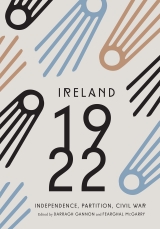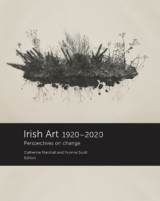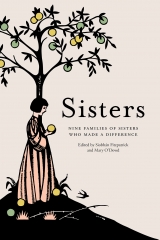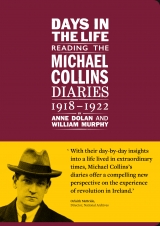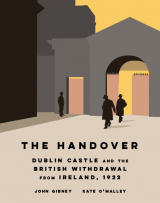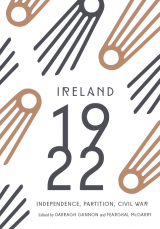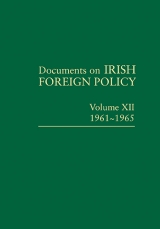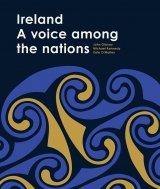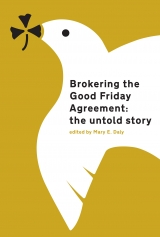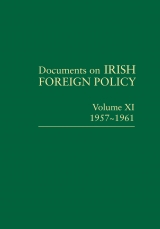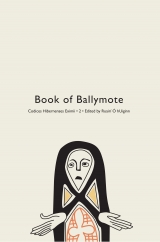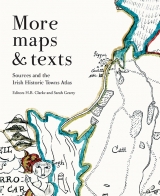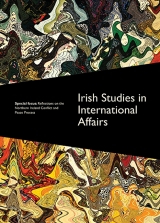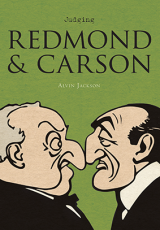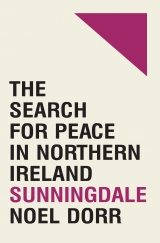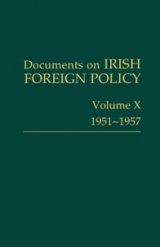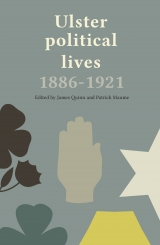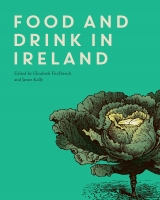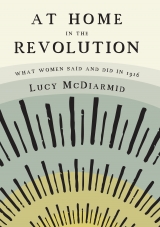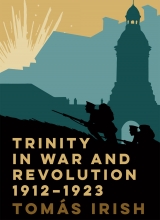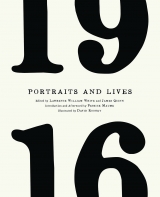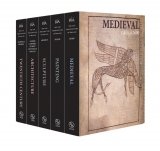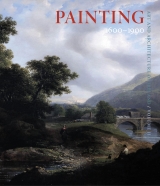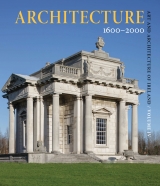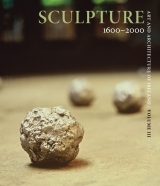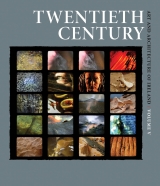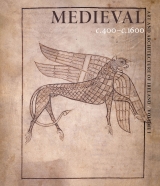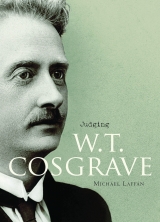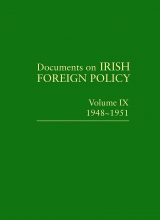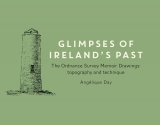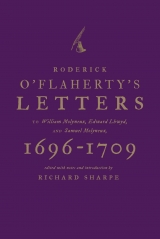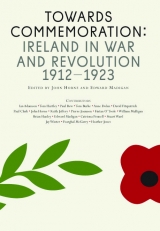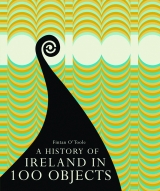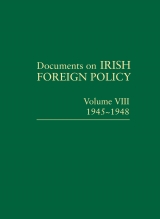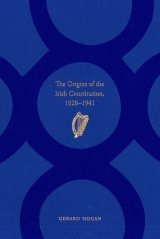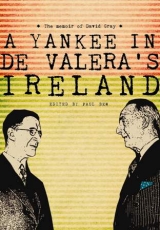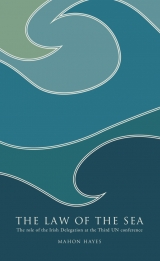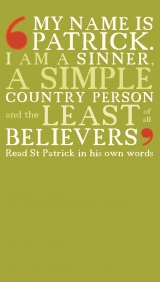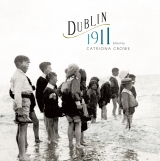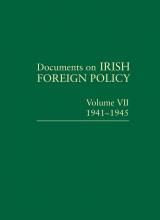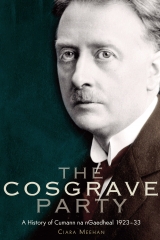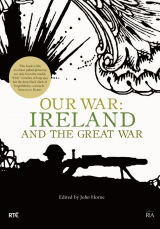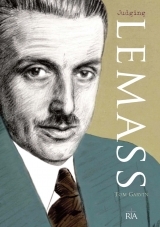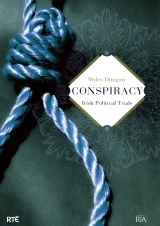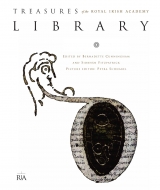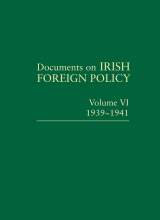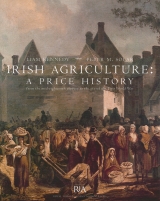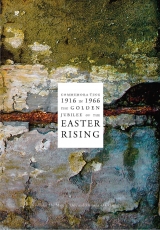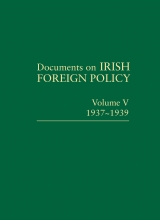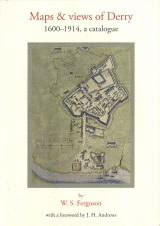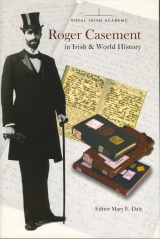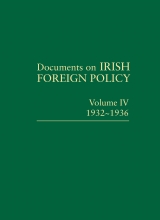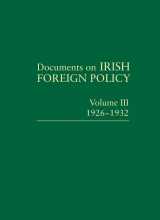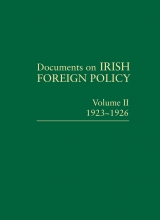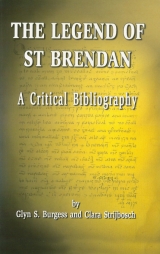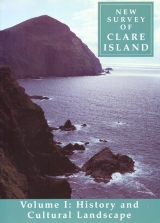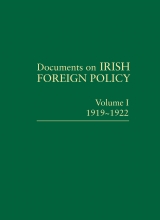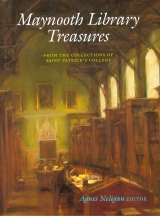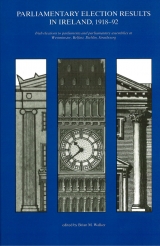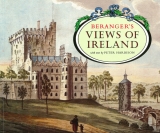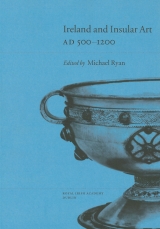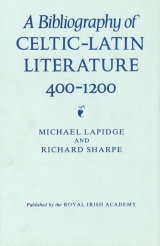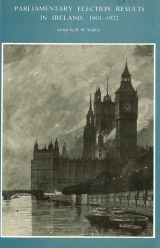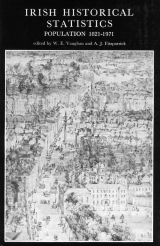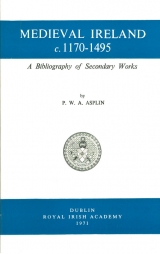- Home
- Publications
- Dublin's Turbulent Priest Cornelius Nary...
Dublin's Turbulent Priest Cornelius Nary 1658-1738
by Patrick FaganCornelius Nary was known for having elegant manners but is remembered for creating turbulence, as this penetrating biography tells.Born in County Kildare and educated at the Irish College in Paris, Nary was a high-profile Catholic figure during the Penal Law period in early 18th century Ireland. As parish priest of St Michan’s in Dublin for 40 years he stood as a public intellectual and campaigner. His controversial texts led him into a number of clashes with the Protestant hierarchy, and he caused ire in the Vatican. In 1702 he was imprisoned in Dublin Castle under Penal Law. His most influential publication was ‘The Case of the Roman Catholics in Ireland’ (1724), written in response to the oppressive Popery Bill. His 1718 Vulgate translation of the New Testament was the first complete English Catholic translation of the Bible. Cornelius Nary was hitherto neglected by modern historians, yet he was described by the historian Lecky as 'probably the ablest priest then living in Ireland'. This biography restores Nary to his rightful place, while enlightening the reader on the position of Catholics in 18th century Ireland.
About the authors

Patrick Fagan
Patrick Fagan, a native of Crookedwood, County Westmeath, has spent the greater part of his life in the Civil Service in Dublin. Since his retirement he has devoted his time largely to research on eighteenth-century Dublin, and, in addition to the present work, has published The Second City: a portrait of Dublin 1700-1760 and A Georgian Celebration: Irish Poets of the Eighteenth Century.
Related News & Events

Academy Research Open Day
Join us on 4 October to learn more about our research projects, library and publications
LibraryIrish History OnlinePublicationsDictionary of Irish BiographyDictionary of Medieval Latin from Celtic SourcesDigital Repository of IrelandDocuments on Irish Foreign PolicyFoclóir Stairiúil na GaeilgeIrish Historic Towns AtlasGrangegorman HistoriesPublic EngagementARINS - Analysis and Research: Ireland North and SouthEducational Resources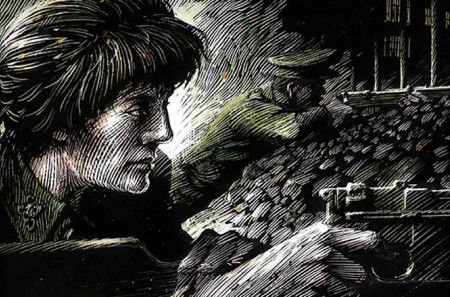
Limited edition prints of Michael Collins and other figures from the Rising
Each individual print is signed, numbered and hand coloured by artist David Rooney.
Publications1916 Portraits and LivesDecade of Centenaries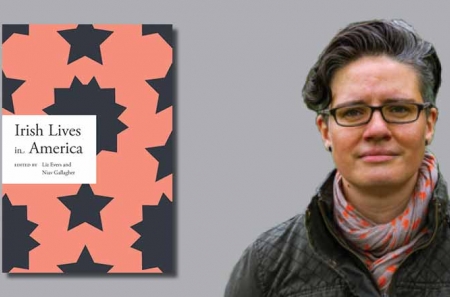
DIB editor Liz Evers on RTÉ Radio 1
Book editor Liz Evers talks to 'The Business' about nineteenth century Irish entrepreneurs included in Irish Lives in America.
PublicationsDictionary of Irish Biography
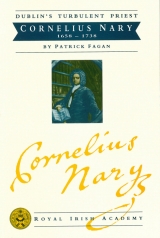
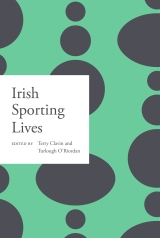 ,
, 
